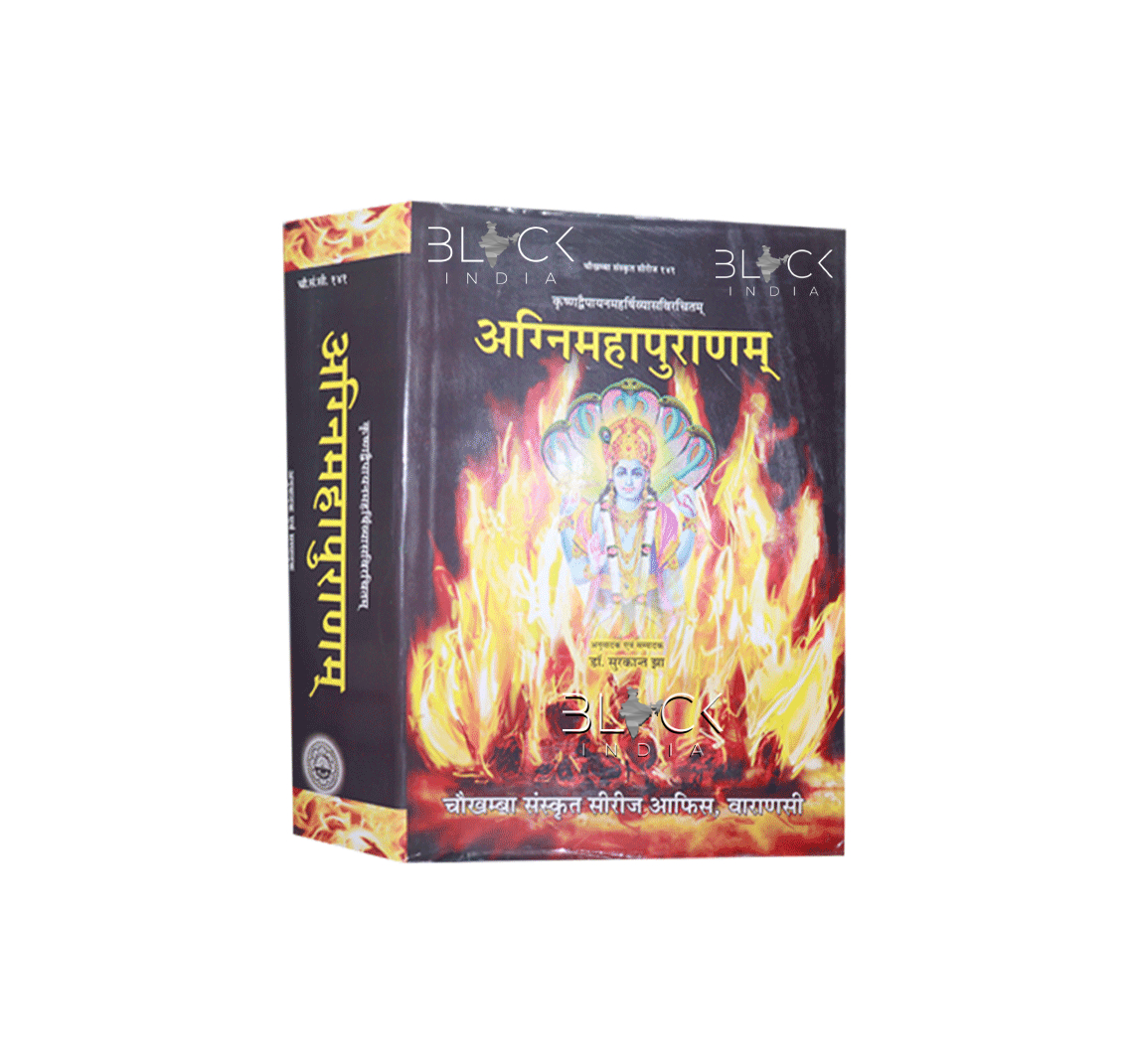Introduction to Agni Purana: The Agni Purana is one of the sacred texts of Hinduism. This scripture is dedicated to Agni, the deity of fire, and it delves into the various aspects of Agni's significance and roles. The Agni Purana covers topics such as nature, dharma (righteousness), reincarnation, rituals, religious duties, and societal elements.
Significance of Agni Deva: Agni Deva holds immense importance in Hinduism. Explore the significance of Agni Deva, the different forms attributed to him, and the ways in which he is worshipped.
Doctrine of Reincarnation: The Agni Purana expounds the doctrine of reincarnation. Elaborate on this doctrine and discuss its relevance in Hindu philosophy and spiritual understanding.
Description of Religious Rituals: Detail the religious rituals described in the Agni Purana. Discuss the significance of rituals like yagya (sacrificial offerings), daan (charity), and tapasya (austerity) as explained in the text.
Yagya and Havan: The Agni Purana provides instructions for performing yagyas and havans (fire rituals). Examine the rituals, their meanings, and the spiritual and cultural aspects associated with them.
Dharma and Society: Explore the Agni Purana's perspective on societal structure and dharma (righteousness). Reflect on how these principles align with modern times and their significance in contemporary society.
Agni Purana and Spiritual Wisdom: Delve into the spiritual wisdom imparted by the Agni Purana. Discuss its teachings on the soul, the Supreme Being, and the concept of liberation (moksha).
Narratives and Anecdotes: The Agni Purana contains several captivating stories. Choose some prominent narratives and explain their moral and spiritual messages.
Relevance in Today's Context: Discuss how the principles and teachings of the Agni Purana can be applied in today's life and how they hold relevance in the present world.
Comparative Analysis with Other Texts: Compare the Agni Purana with other Hindu scriptures to highlight its distinctive features and contributions.







